Development, Degeneration, and Aging
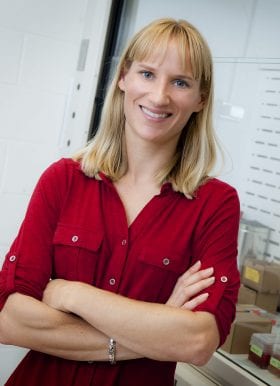
Jessica Wagenseil, DSc
Professor, Mechanical Engineering and Materials Science
- Email: jessica.wagenseil@wustl.edu
The Wagenseil lab studies how mechanical stimuli regulate large artery formation and remodeling in development and disease.

Leyao Wang, PhD, MPH
Assistant Professor, Department of Medicine, Division of Allergy and Immunology
- Email: leyao.wang@wustl.edu
Dr. Leyao Wang's research focuses on lung microbiota and their role in lung inflammation and asthma. One of the lab's current direction is to establish a lung organoid system so that they can use this model to investigate the interactions between microbes and epithelium.

Qian Wang, PhD
Assistant Professor, Ophthalmology and Visual Sciences
- Email: w.qian@wustl.edu
My research is interested in lacrimal gland development and regeneration.
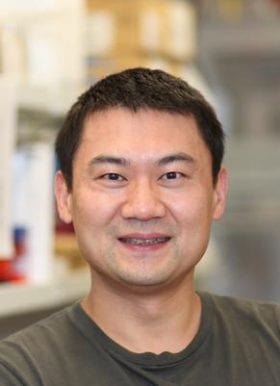
Ting Wang, PhD
Sanford C. and Karen P. Loewentheil Distinguished Professor, Genetics
- Email: twang@genetics.wustl.edu
The Wang lab focuses on understanding genetic and epigenetic factors that determine cell fate, including cell fate decision in normal development and differentiation, abnormal cell fate choice in cancer, and how specific cell types evolve.
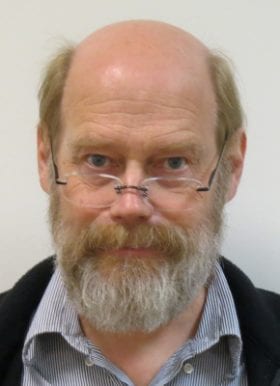
Mark Warchol, PhD
Professor, Otolaryngology
- Email: mwarchol@wustl.edu
The Warchol lab studies the molecular mechanism underlying development and regeneration of sensory hair cells of the inner ear and their neurons.
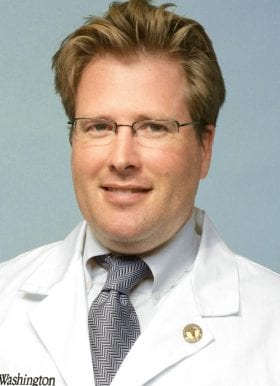
Conrad (Chris) Weihl, MD, PhD
Professor, Neurology
- Email: weihlc@wustl.edu
The Weihl lab studies neuromuscular disorders with special emphasis on degenerative myopathies.
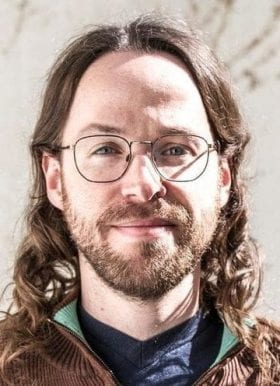
Philip Williams, PhD
Assistant Professor, Ophthalmology and Visual Sciences
- Email: prwillia@wustl.edu
The Williams lab is interested in selective neuronal vulnerability in degeneration and trauma. We use a combination of in vivo microscopy, transcriptomics, and viral mediated gene overexpression/knockout to manipulate neurons in the retina with the long term goal of increasing neuronal survival and axon regeneration in degenerative mouse models.
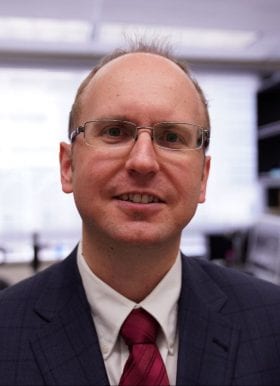

Hiroko Yano, PhD
Associate Professor of Neurosurgery, Neurology, and Genetics
- Email: yanoh@wustl.edu
The Yano Lab is interested in mechanisms leading to neurodegenerative diseases and brain tumors and the development of disease therapies.

Andrew Yoo, PhD
Associate Professor, Developmental Biology
- Email: yooa@wustl.edu
The Yoo lab studies how microRNAs control development, direct reprogramming, and aging in neurons.

Augusto Zani, MD, PhD
Professor, Department of Surgery
- Email: augusto.zani@wustl.edu
I have been working with stem cells and their derivatives for the past 20 years. My current focus is on using stem cell-derived extracellular vesicles as therapeutic and diagnostic tools for fetal, neonatal, and pediatric conditions.

Mohamed Zayed
Professor of Surgery, Professor of Radiology
- Email: zayedm@wustl.edu
The Zayed Laboratory studies the mechanisms that influence arterial collateral formation and peripheral arterial atheroprogression in the setting of diabetes. We are interested in better understanding why diabetic patients have a significantly higher incidence of developing peripheral arterial disease (PAD) and are at increased risk of malperfusion at healing surgical sites.
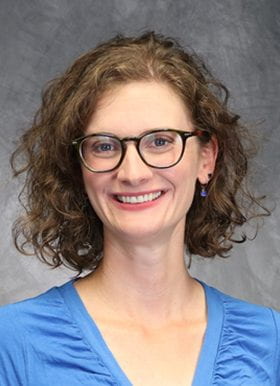
Jennifer Zellers, PT, DPT, PhD
Assistant Professor, Physical Therapy and Orthopaedic Surgery
- Email: jzellers@wustl.edu
The Zellers Lab (Tendon Rehabilitation Lab) is committed to improving care for people with tendon injury and dysfunction. Our research is aimed at advancing our understanding of person-specific factors that affect a tendon’s ability to respond to treatment. This includes local factors, like tendon structure, and systemic factors, like the presence of diabetes.
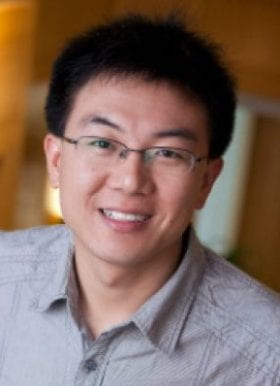
Fuzhong Zhang
Professor, Energy, Environmental & Chemical Engineering
- Email: fzhang@seas.wustl.edu
Engineering protein-based materials for applications in Regenerative Medicine.